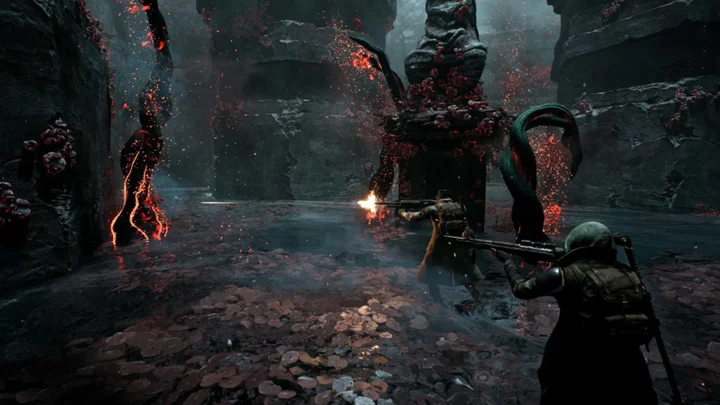The UK’s surprise decision to stop the Microsoft Corp. $69 billion Activision Blizzard Inc. deal in its tracks shows a more muscular approach to deal enforcement that’s come into its own since Brexit.
The final ruling deals a blow to Microsoft’s chances of securing the world’s biggest gaming takeover and puts the Competition and Markets Authority at the center of global antitrust alongside the US and the EU. Wednesday’s decision is globally binding and has the power to block the deal altogether if Microsoft’s appeal is unsuccessful.
“The Microsoft-Activision decision is another clear example of the CMA establishing itself firmly as one of the most important competition enforcers on the world stage in the post-Brexit world,” Pinar Akman, a competition professor at the University of Leeds, said.
It’s the second, but by far the biggest, Big Tech tie-up that the CMA has blocked after ending Meta Platforms Inc. chances of buying GIF search engine Giphy. These decisions have cut across criticism that it hasn’t done enough in the past to get to grips with nascent tech industries being snapped up by a handful of major players. Failings that may have led to Meta’s takeover of Whatsapp and Instagram.
In another show of post-Brexit strength, this week the UK introduced new laws to parliament that will further boost its powers to clamp down on tech dominance and help benefit the country’s consumers. It includes new digital competition rules and regulations that will designate a handful of tech companies as having “strategic market status.”
“Preventing the development of entrenched market power in the first place is the most effective way to safeguard competition,” Sarah Cardell, the CMA’s chief executive officer, said on Wednesday. “Merger control therefore has a critical role to play in driving productivity and growth in the UK.”
The CMA’s confidence in its mergers system has drawn criticism that the agency has become too interventionist and may put off international businesses. Leaders at both Microsoft and Activision blasted the decision on Wednesday as being bad for business and investment in the UK.
Closed for Business
“The CMA’s report contradicts the ambitions of the UK to become an attractive country to build technology businesses,” an Activision spokesperson said. “Global innovators large and small will take note that - despite all its rhetoric - the UK is clearly closed for business.”
Analysis from law firm Linklaters shows that of the deals subject to an in-depth probe, 64% have failed over the last three-and-a-half years compared with 34% of deals scrutinized by the CMA between 2014 and 2017.
Cardell dismissed the flack, arguing that criticism that the agency is too interventionist is misplaced and it’s just doing its job to protect the UK. She said that of the 12 to 14 deals that are referred to an in-depth probe from hundreds annually, only a handful of those are blocked.
For now, all eyes turn to what the European Commission will do next month and how Microsoft defends itself before the UK’s Competition Appeal Tribunal — a fight that will take many months to resolve. The CAT also rarely rules against the watchdog in merger probe reviews.
“The CMA is taking on a leadership role in Big Tech merger control,” Anne Witt, a law professor at the EDHEC Business School. “If the CMA wins this, it will create precedent and the message to the Big Tech industry will be clear — times are changing and the days of unconstrained acquisition sprees are over.









